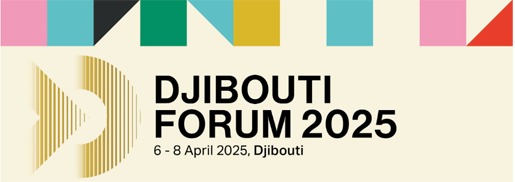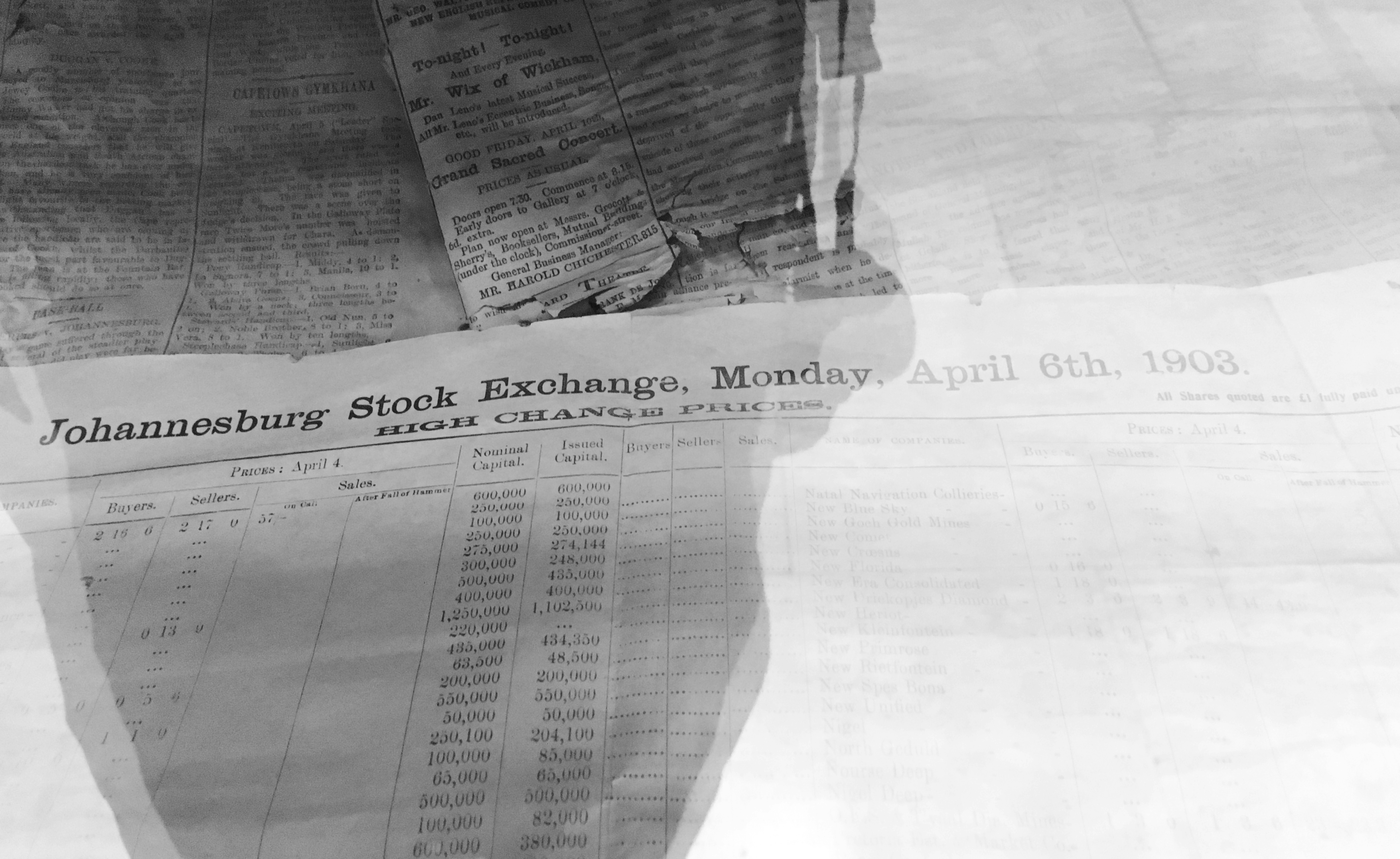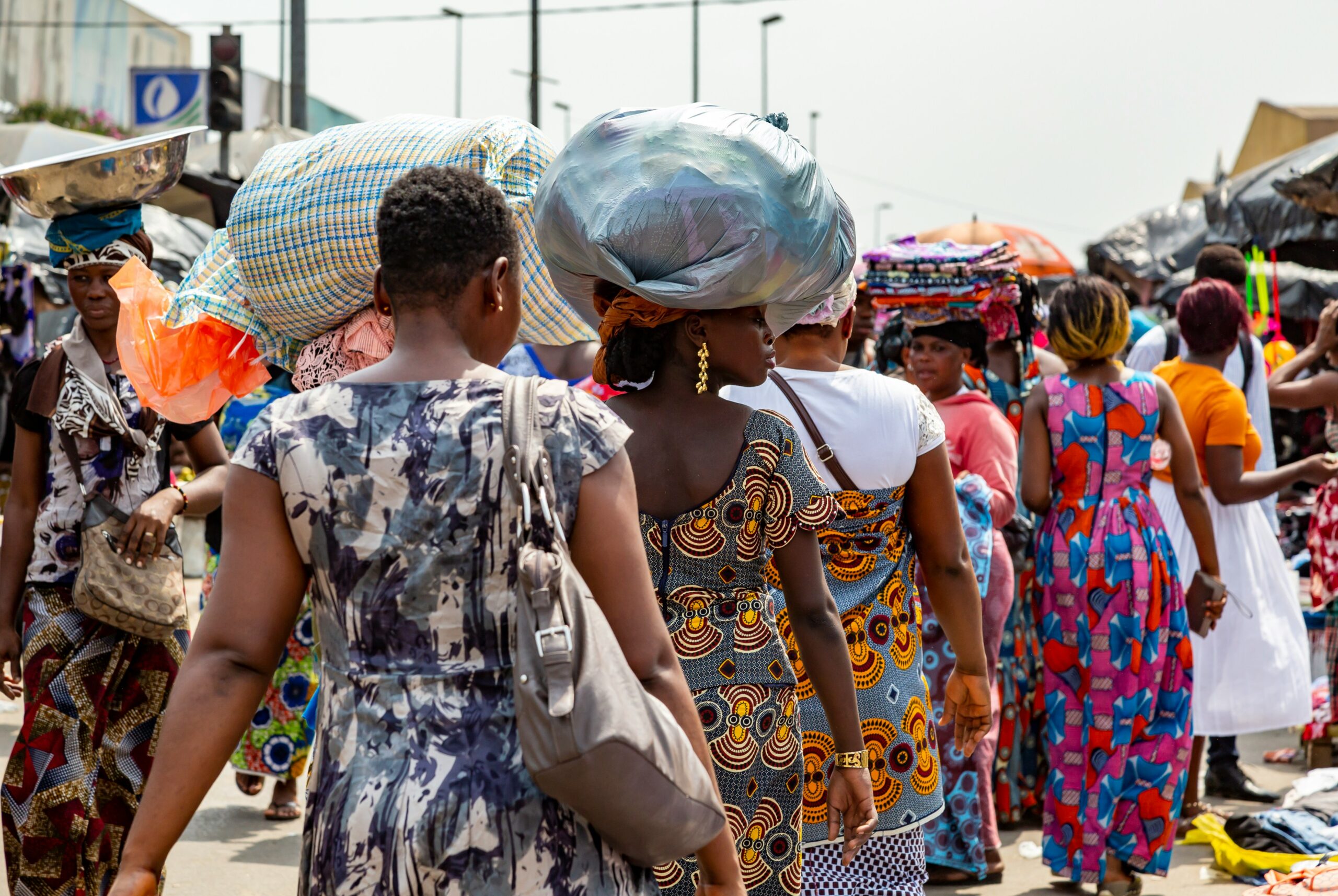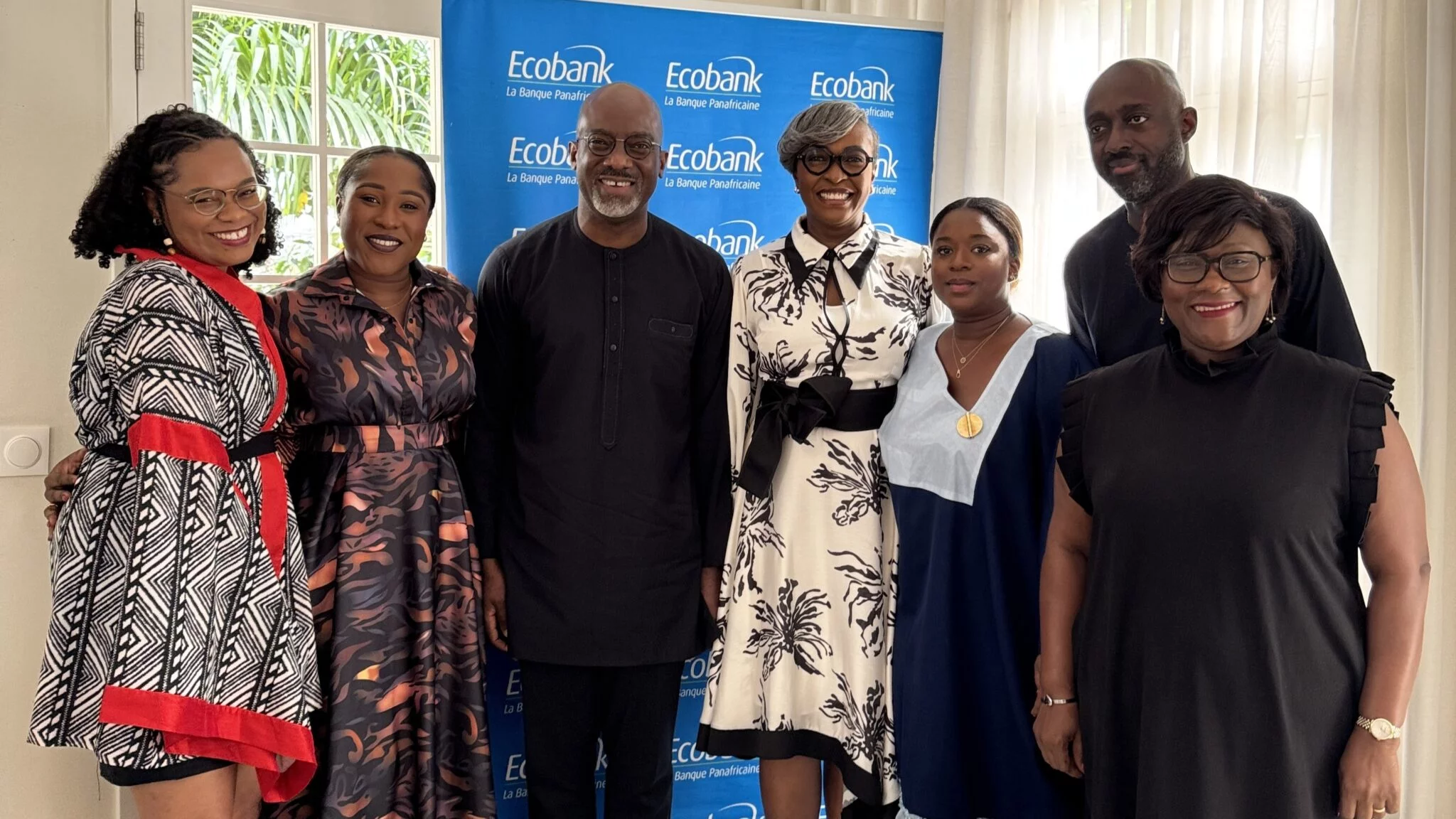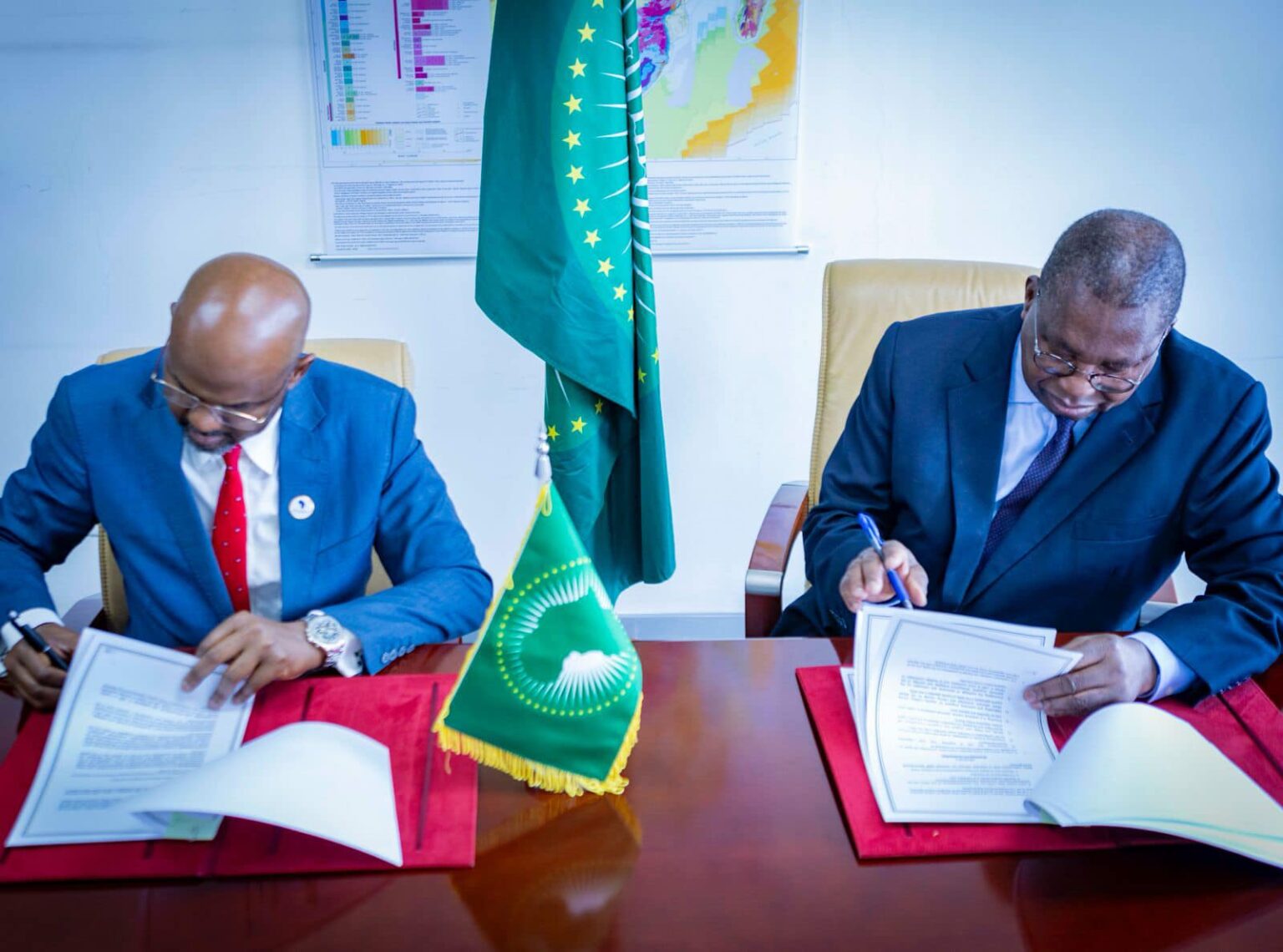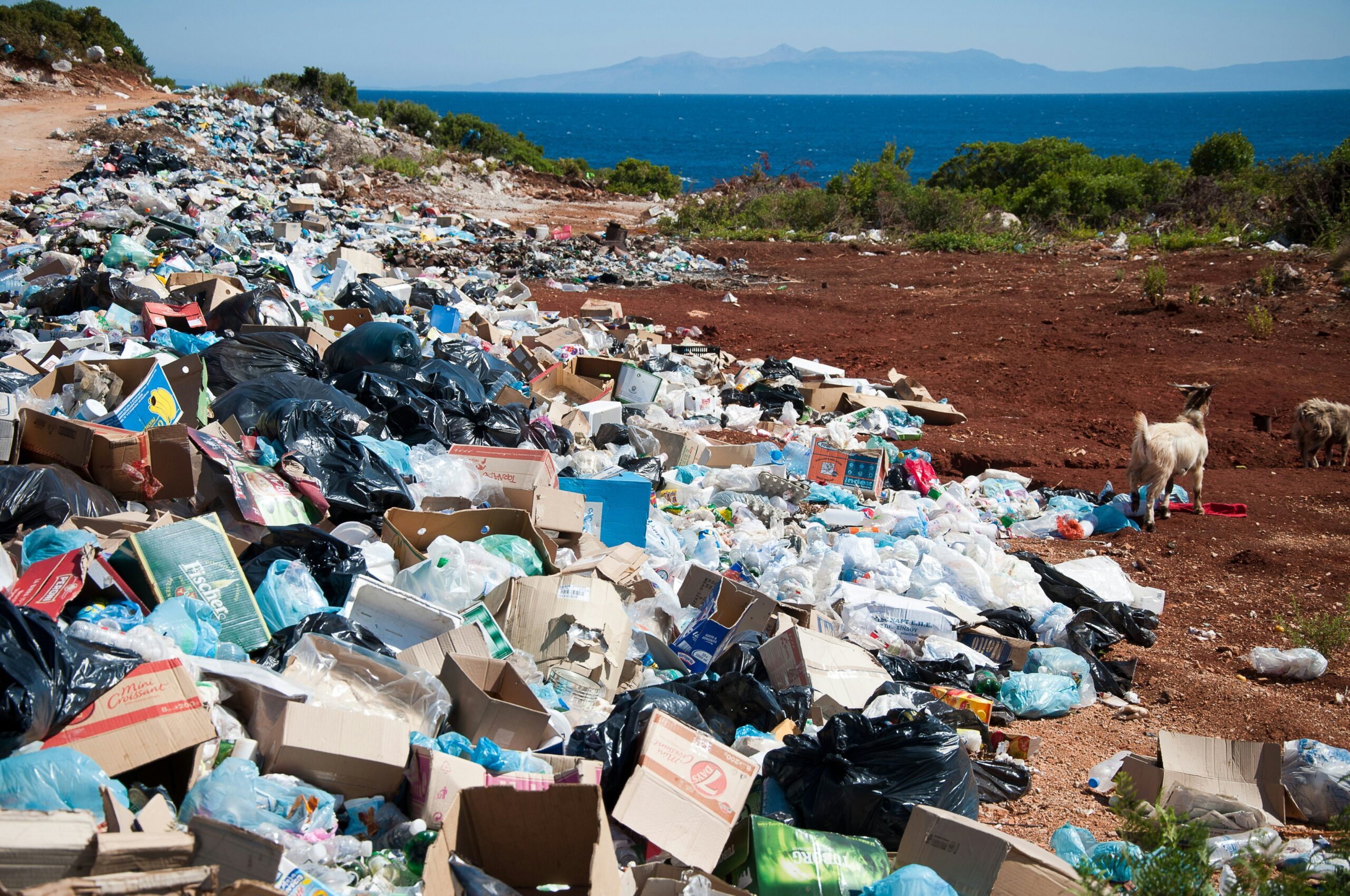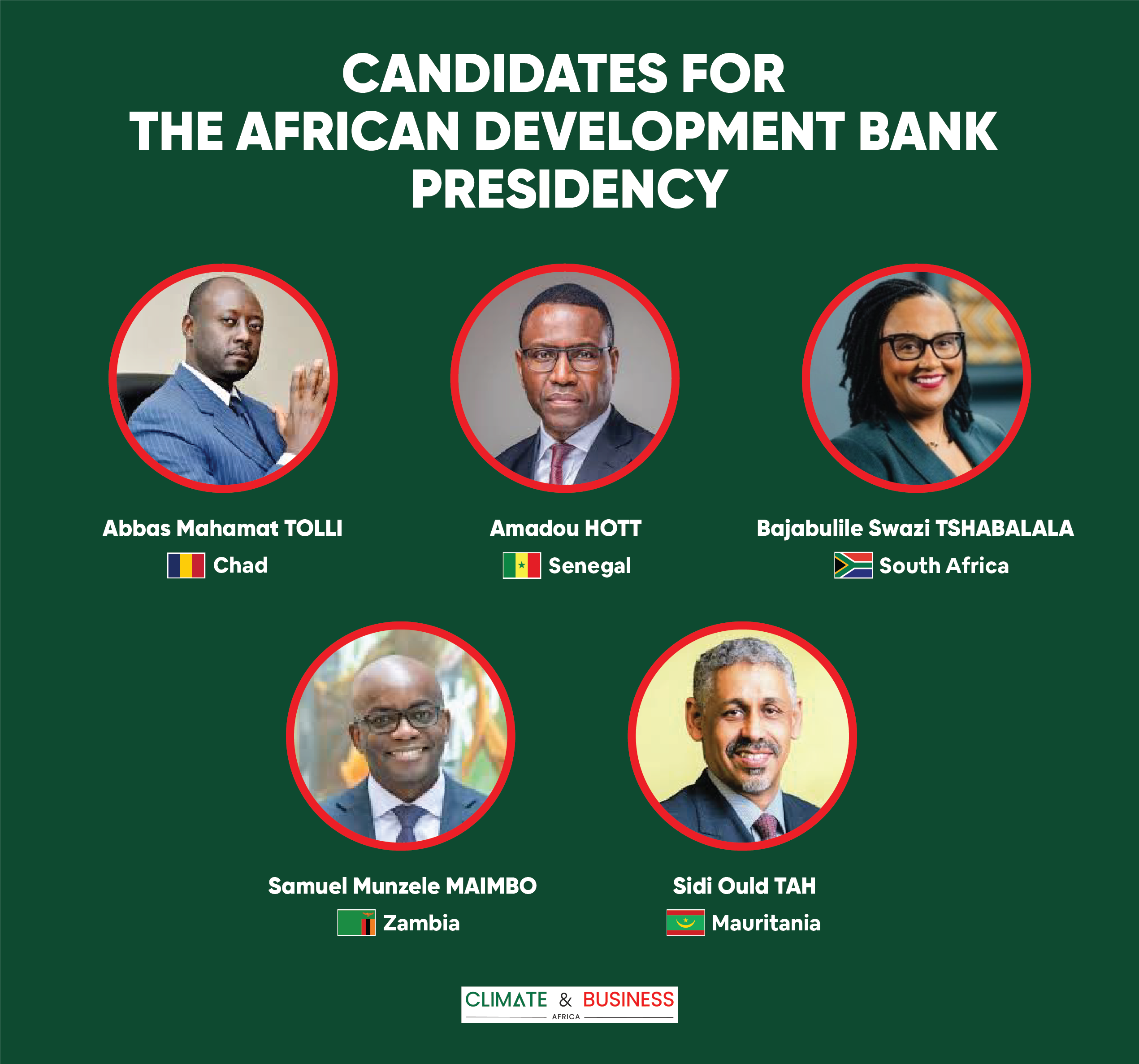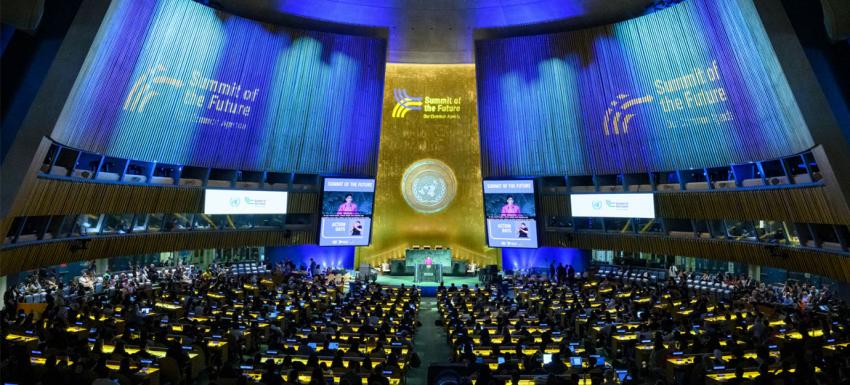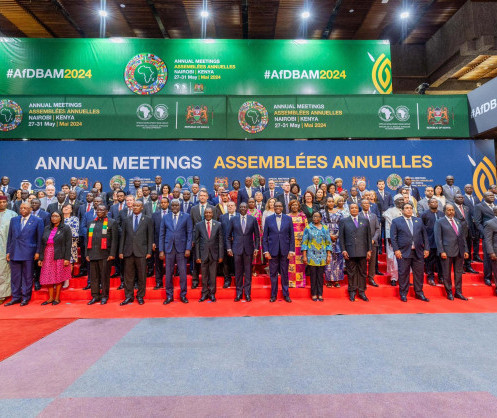Johannesburg, January 03, 2025 – The Johannesburg Stock Exchange (JSE) has revised its Sustainability Disclosure Guidance to conform with the finalized IFRS S1 and S2 standards from the International Sustainability Standards Board (ISSB), marking a significant step toward integrating South Africa’s corporate reporting with global benchmarks. The update, reflecting changes enacted in June 2023, introduces a first-year exemption for companies from reporting Scope 3 emissions and consolidates frameworks like the TCFD and GRI Standards to streamline compliance. Alongside this, the JSE is adapting to South Africa’s new Companies Amendment Bills, which embed ESG principles into governance.
The revamp builds on the JSE’s 2022 guidance to simplify sustainability reporting. The IFRS S1 and S2 standards unify disparate frameworks, easing the burden on firms while ensuring compatibility with both international and local regulations. A key feature is the transition relief on Scope 3 emissions—indirect emissions along value chains—allowing companies a year to prepare for full disclosure. This flexibility acknowledges the complexity of tracking such data, particularly for emerging market firms.
JSE CEO Dr. Leila Fourie, speaking at a PSG Think Big webinar, outlined the scope of the overhaul: “Our review process considers changes in IFRS S1 and S2, as well as emerging frameworks like TNFD and the GRI Biodiversity Standard.” The update coincides with legislative shifts under President Cyril Ramaphosa, whose Companies Amendment Bills mandate greater transparency on remuneration and require social ethics committees, reflecting a broader ESG focus. Fourie added, “Pay gap metrics and broader ESG considerations now require alignment with evolving regulatory standards.”
Beyond compliance, the JSE is positioning itself for future trends. It has partnered with the South African Reserve Bank on a tokenized market concept and with Amazon Web Services to modernize its systems, aiming to cut costs for market participants. A burgeoning private placements market for environmental and infrastructure projects signals a shift toward sustainability-driven investment. Fourie highlighted the exchange’s progress: “Our green social sustainability bonds have doubled year on year.”
The JSE’s strategy balances operational resilience with innovation, as it seeks to diversify revenue amid a fast-changing financial landscape. “We’re looking at protecting and growing our core while transforming in new areas,” Fourie said. This dual focus underscores the exchange’s ambition to remain a competitive player globally while addressing local priorities like digitization and infrastructure.
The updated guidelines position South Africa’s listed companies to meet rising investor demand for ESG transparency, aligning with global standards that increasingly shape capital flows. By integrating IFRS S1 and S2, the JSE ensures its market stays relevant to international stakeholders while offering firms a pragmatic transition period. As sustainability climbs corporate agendas, the exchange’s roadmap signals a commitment to fostering a robust, forward-looking financial ecosystem—one that supports both economic stability and environmental responsibility in a region critical to emerging market growth.
